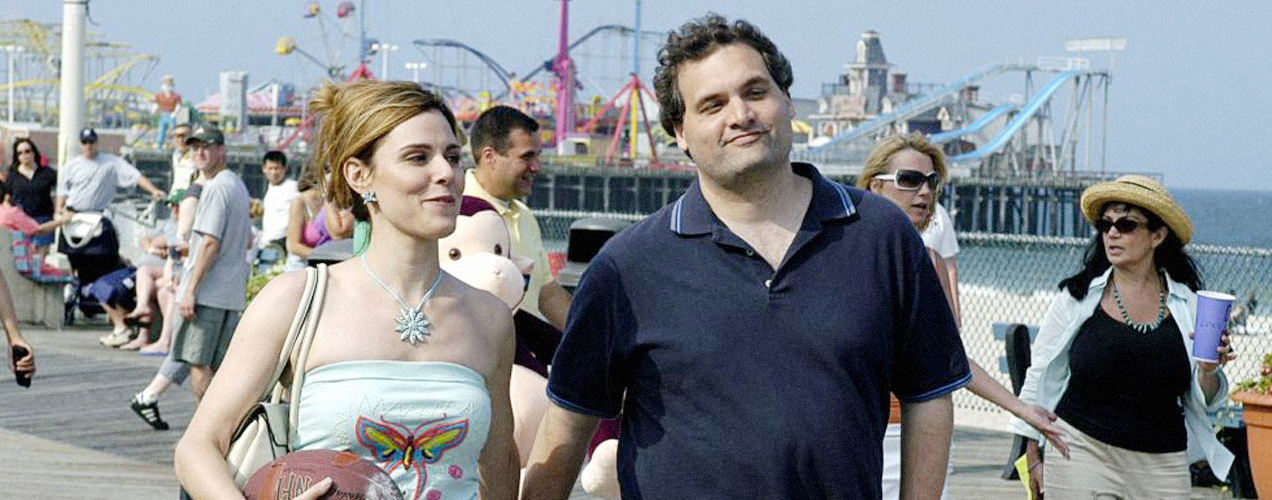2006 / Frank Sebastiano > One would think that a film such as this simply could not disappoint, but how wrong they would be. Really, I expected a laugh or two, but instead I felt a gnawing in my stomach in the absence of any. (Every time I snickered, though, I felt a tinge of guilt because it wasn’t really the jokes I found myself laughing at, but rather at how ridiculous it all was.) More surprising, even, is how the film didn’t go straight to DVD, considering its dismal two week outing in theatres and yet another failed comeback by the Karate Kid.
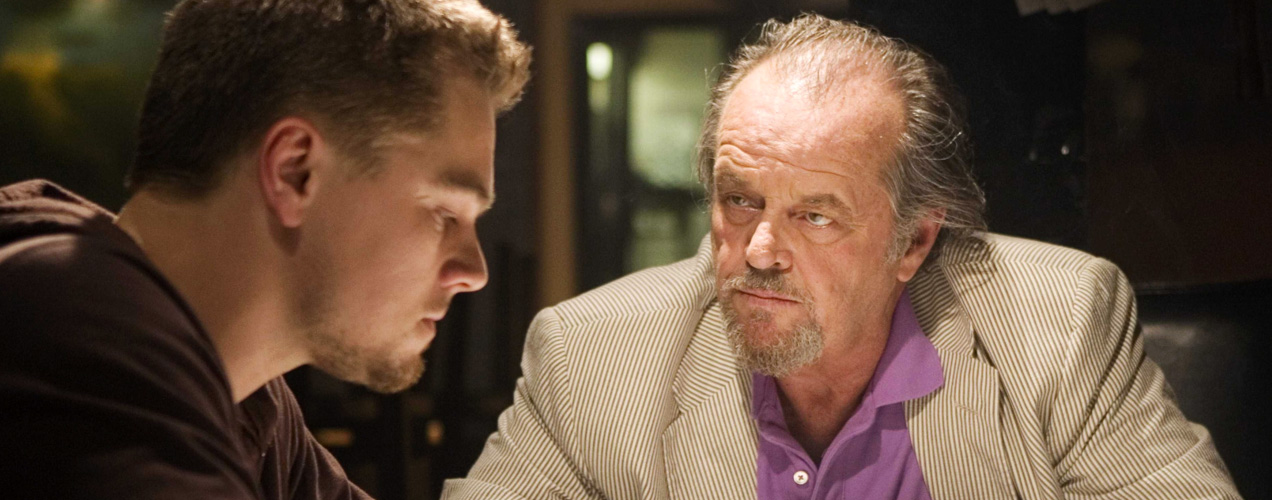
The Departed
2006 / Martin Scorsese > In short, The Departed is the best American film of the year, and the best work from Scorsese since Goodfellas. Whatever qualms one may have based on their positive experience with Infernal Affairs, these should be given less gravity due to the meticulous craftsmanship that Scorsese employs in his direction. The film is not perfect (which is a common ailment for most remakes), but isn’t so mostly because of certain personal preferences. It is, however, sharply written with an incisive comic pull and drenched in objective emotion.
The cast is flawless (so much so, that the film was recently awarded Best Ensemble of the year by the National Board of Review), with Leonardo DiCaprio giving what is perhaps his finest performance to date and worthy of an Oscar nomination. Mark Wahlberg gives the film an extra edge (and definitively separates it from the original), and Vera Farmiga is a promising, if delayed, discovery. The only weak spot seemed to be Martin Sheen, but that seems to be attributable to the script’s momentary weakness rather than the actor’s own abilities.
I found it fascinating how The Departed barely felt like Infernal Affairs. While hard not to continuously compare the two, there were more than enough fresh jolts in the Scorsese venture to take my mind away from the original. But as for the inevitable question of which is better, the honest truth, however sidestepping, is that they are different films with different styles based on an underlying idea that alone could not have made these the works of art that they are.

Borat: Cultural Learnings of America for Make Benefit Glorious
2006 / Larry Charles > So highly anticipated that it barely met expectations—which, in this case, is a very good thing. It’s hard to judge the film on its artistic merits as it’s essentially a broad practical joke on the uninformed American public (or at least those who don’t fancy a premium subscription to HBO). What sets Borat apart from its spiritual brethren Jackass is an attempt at a storyline, one that the film reasonably succeeds at. Sacha Baron Cohen has done better skits than what is presented here, but this seemingly fluid compilation of punchlines (and a few scenes that tug the heart and soul) works as the clincher. This is hands down one of the best comedies of 2006, but it remains to be seen how it stands up to the test of time.
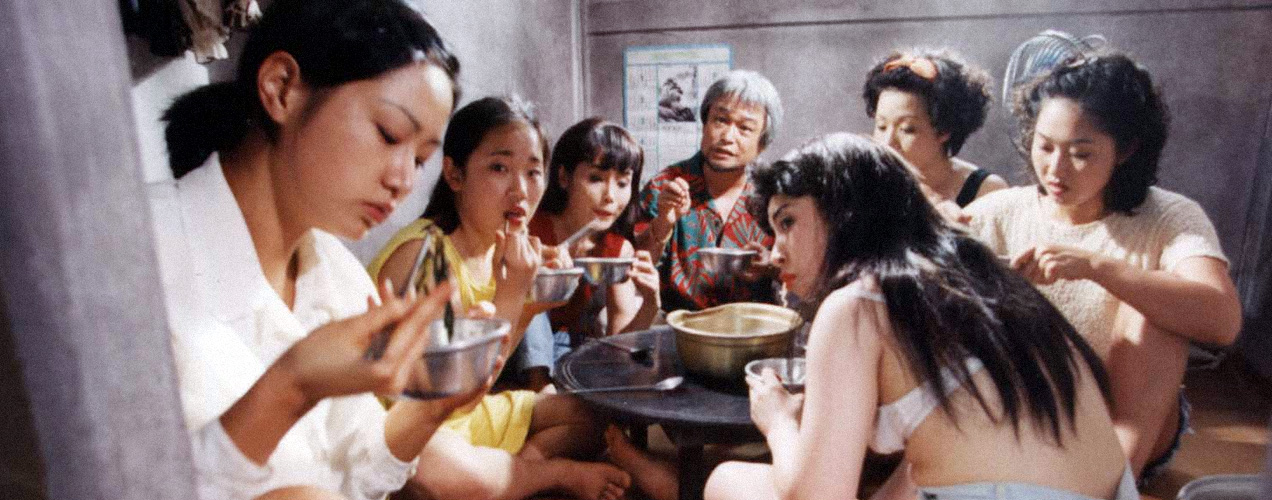
Downfall
1997 / Im Kwon-taek > This is not exactly the introduction I expected to Korea’s most prolific director, but I imagine it can only get better. Downfall (or Chang) holds an impressive showing by My Wife is a Gangster’s Shin Eun-kyung as a naive girl thrown into the world of prostitution at a young age. Piece by piece, we are shown the transformation of a society, an industry as well as a woman over time. Unlike typical films on the subject, Im utilizes his central character as a way to study Korean history, from the days of Park Chung-hee’s presidency to the Olympic Games in Seoul. However, Shin’s character’s journey slowly starts to feel too methodical, and we soon stop empathizing. Together with the fact that it’s hard to guess if this is meant to be a social commentary or simply a bystander’s view, the film fails to achieve the level of pathos needed to compliment its components.
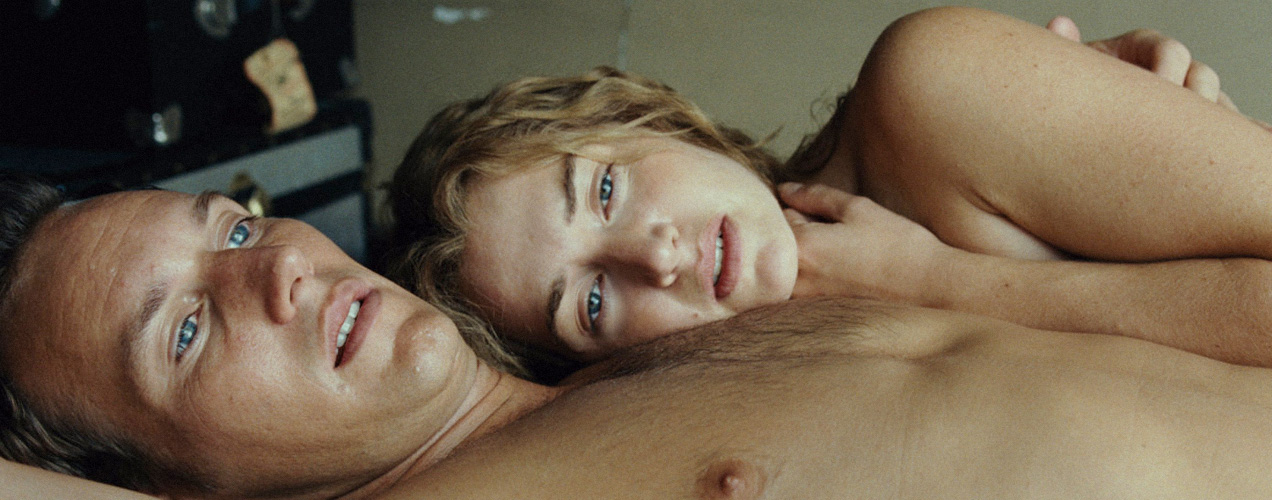
Little Children
2006 / Todd Field > The follow-up to In the Bedroom, Little Children comes off as a mixture between Desperate Housewives (voiceover included) and Crash. There is excess in its tactics, although technically, Field keeps total and absolute control of his world. The film shifts between its central storyline and a side one, and while that can be attributed to the source material, it’s nonetheless inexcusable as it distracts from the chemistry between Kate Winslet and Patrick Wilson. Their story is a tragedy, and it’s beautiful in its process. But those around them remain miniatures of the real thing, exerting one-sided characterizations and little in terms of evolution. Unlike In the Bedroom, where the line between right and wrong was blurred, Little Children positions its characters’ actions in such a judgmental manner that its hard to swallow every bit by the end.
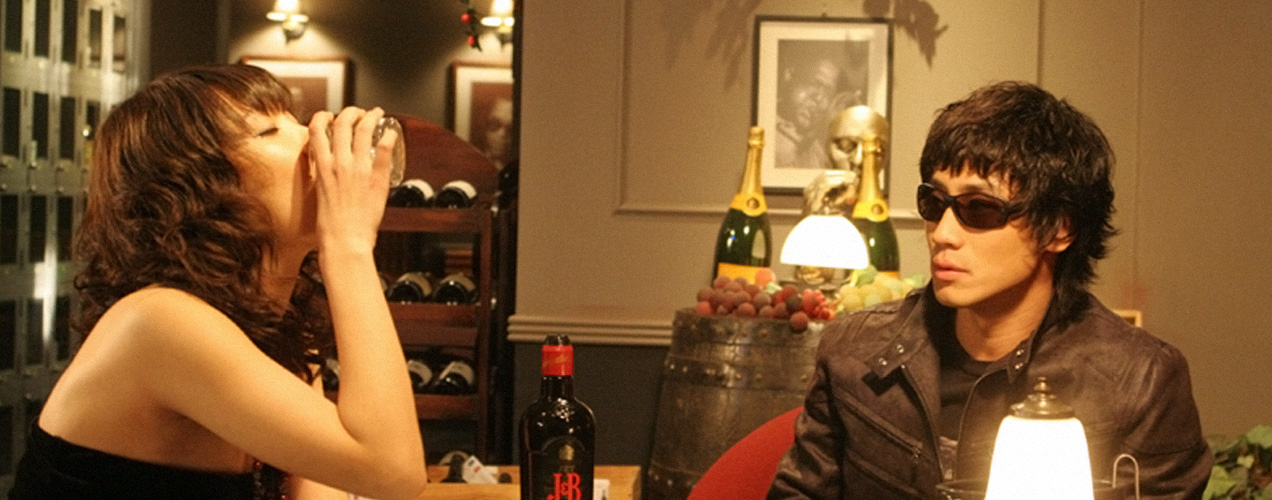
No Mercy for the Rude
2006 / Park Cheol-hie > Shin Ha-kyun once again takes the role of a deaf-mute (last seen in Sympathy for Mr. Vengeance), only this time he’s a contract killer earning money for himself. Under first-time director Park’s instruction, the story evolves as a black comedy while not sparing the blood. The action is swift and not the focus, which instead falls on the killer’s battle with a speech disability and a woman, played wonderfully by Yun Ji-hye, who somehow becomes a part of his life. Breaking genres, the plot development is a little slow but works effectively leading to an engrossing climax. No Mercy for the Rude is a fresh surprise in what’s been a fairly weak and underwhelming year for Korean cinema, and now that The Weinstein Company has picked up the North American distribution rights to the film, it should get the exposure it deserves.
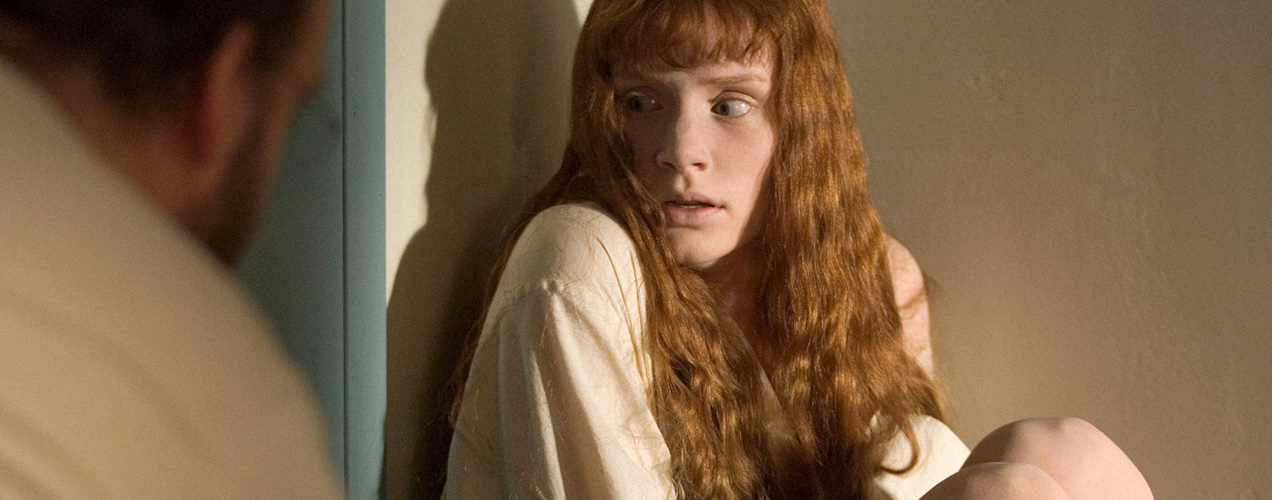
Lady in the Water
2006 / M. Night Shyamalan > Similar to The Fountain, Lady in the Water went through development hell before finally making its way onto the big screen. At the very least, we should respect that, and admire Shyamalan for standing by his own personal vision. However, the absurdity that is instilled in the film makes its brethren look quite sharp and educated. Shyamalan executes a sort of deus ex machina in his storytelling technique, pulling strings out of thin air to get the story to work magically. While it’s meant to be a fairy tale in itself, it discredits the traditional fairy tale by taking the suspense and initial disbelief out of all that is wondrous. By the end, little seems to have been gained from the adventure, and we find ourselves idling away, connecting dots that have already been numbered. Viewers are not this passive.

Romance
1999 / Catherine Breillat > Layers and layers of metaphors about love and sex, companionship and space, mixed in with explicit sexual sequences and pseudo-drama: Does it work? Maybe for some, but I found myself losing focus due to the sheer incredibleness of the story progression. There’s something fascinating here, but I’ve had trouble constructing it into something coherent. It’s a film that’s worth watching again in a few years, possibly after having seen the rest of Breillat’s works, but at this point, it’s a social experiment at best.
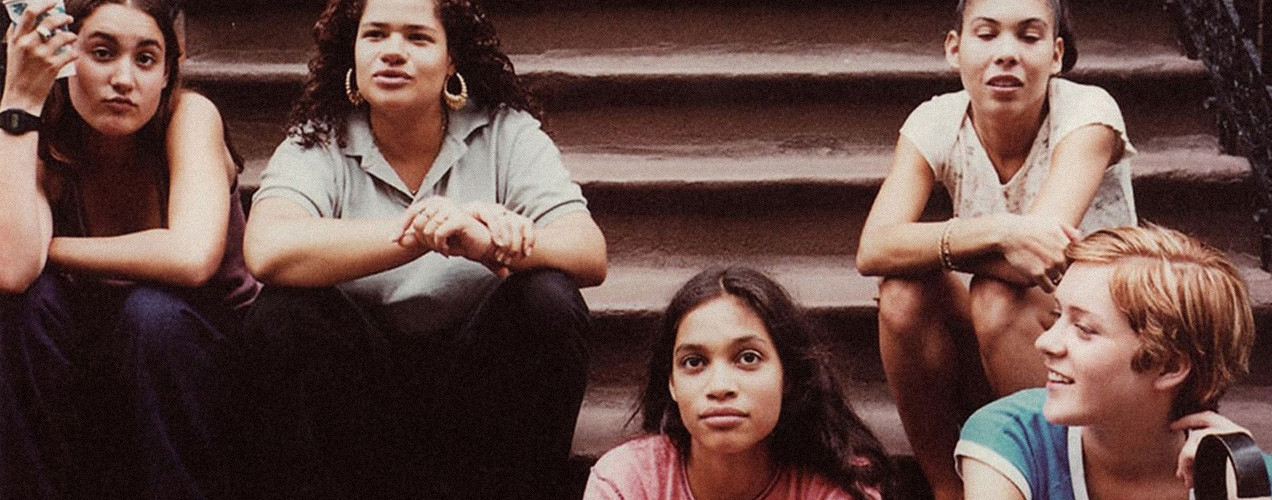
Kids
1995 / Larry Clark > Not nearly as controversial and horrific as its reputation would have one believe, Kids is surprisingly credible and straightforward about its subject matter. The so-called exploitation of teenagers in the film is unfounded, and instead Clark’s portrayal is dauntingly honest, if slightly sensationalist. The cast is perfect, natural. Chloe Sevigny shows off skillset opposite of the tragic Justin Pierce and newly resurgent Leo Fitzpatrick. Moreover, it’s amazing to think that was actually Rosario Dawson. It’s definitely a film that gels in the subconscious after time expires, but has the unfortunate effect of making one feel a little guilty, even ill, that there is so much truth present.
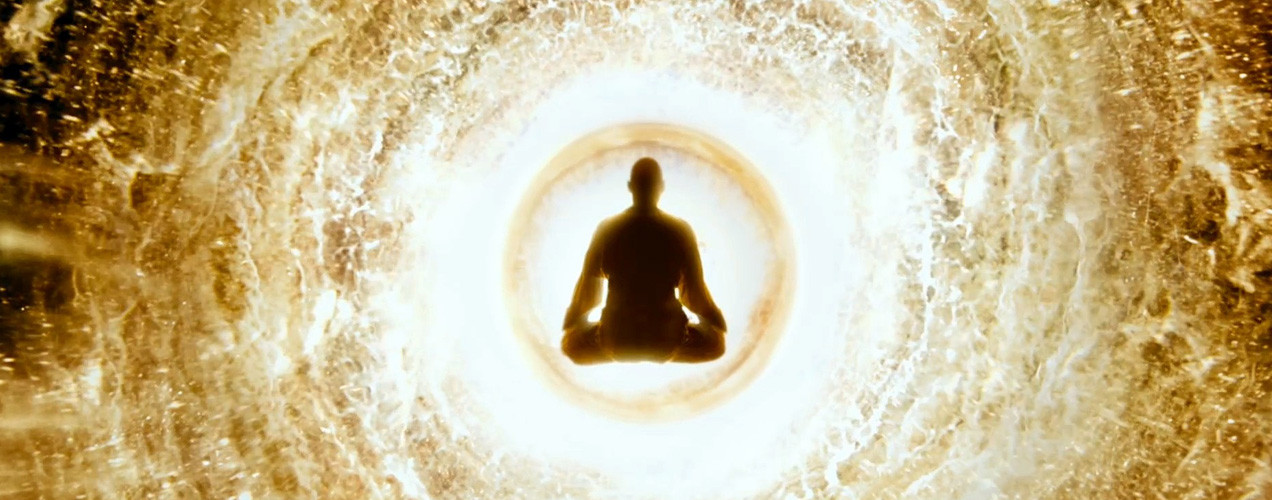
The Fountain
2006 / Darren Aronofsky > It’s pretty, and the music’s not bad either. But how much validity there is in Aronosky’s interpretation of love and death, I’m not sure. I found myself quite bored and annoyed at the lack of any real tangible concept in The Fountain. What Aronofsky’s trying to say is there at the tip of his tongue, but it never comes out as it should. Many have commented that the film is for the deeply intelligent thinker, but I would argue that they may be deluding themselves into believing a rather self-important piece of work that’s force-fed via the glowing face of Rachel Weisz and bald head of Hugh Jackman. While Aronofsky should be commended for standing by his labor of love, it does not excuse the film’s excesses. The remainder is filled with style, repetition and naive philosophies that fail to support the initial premise.

